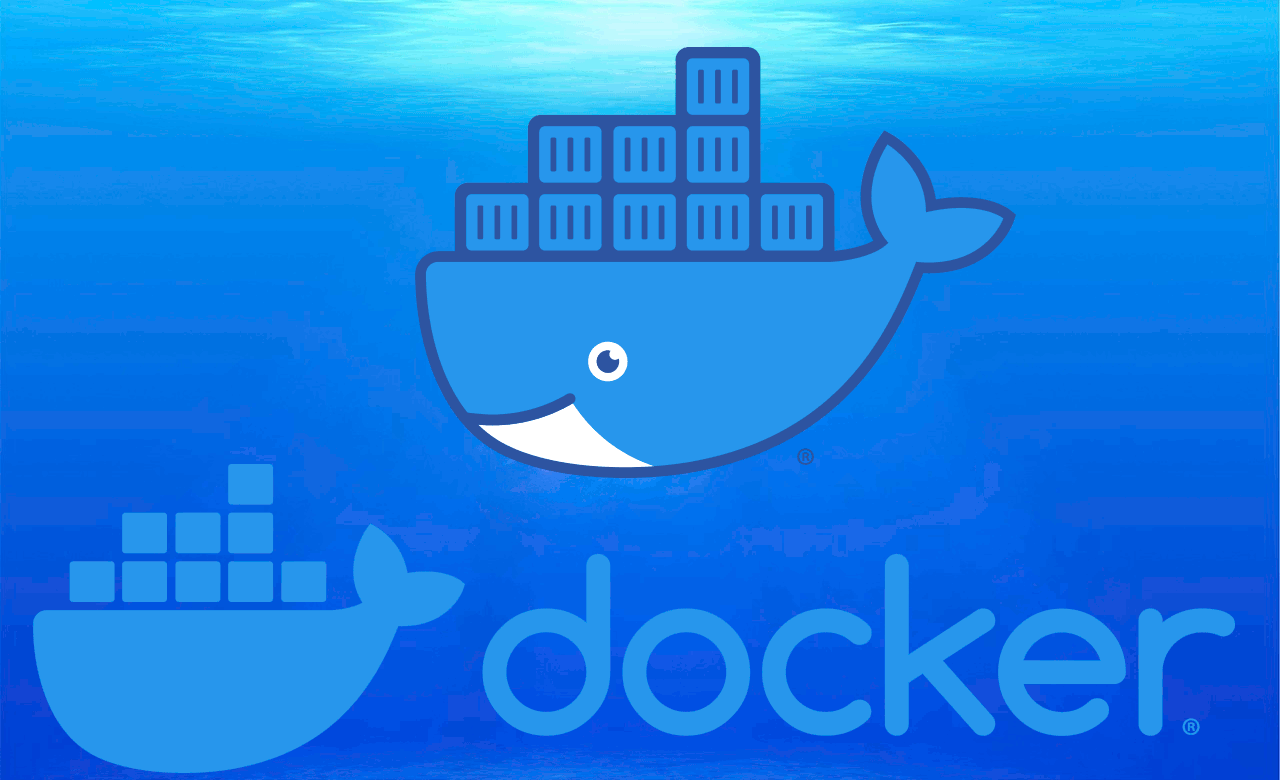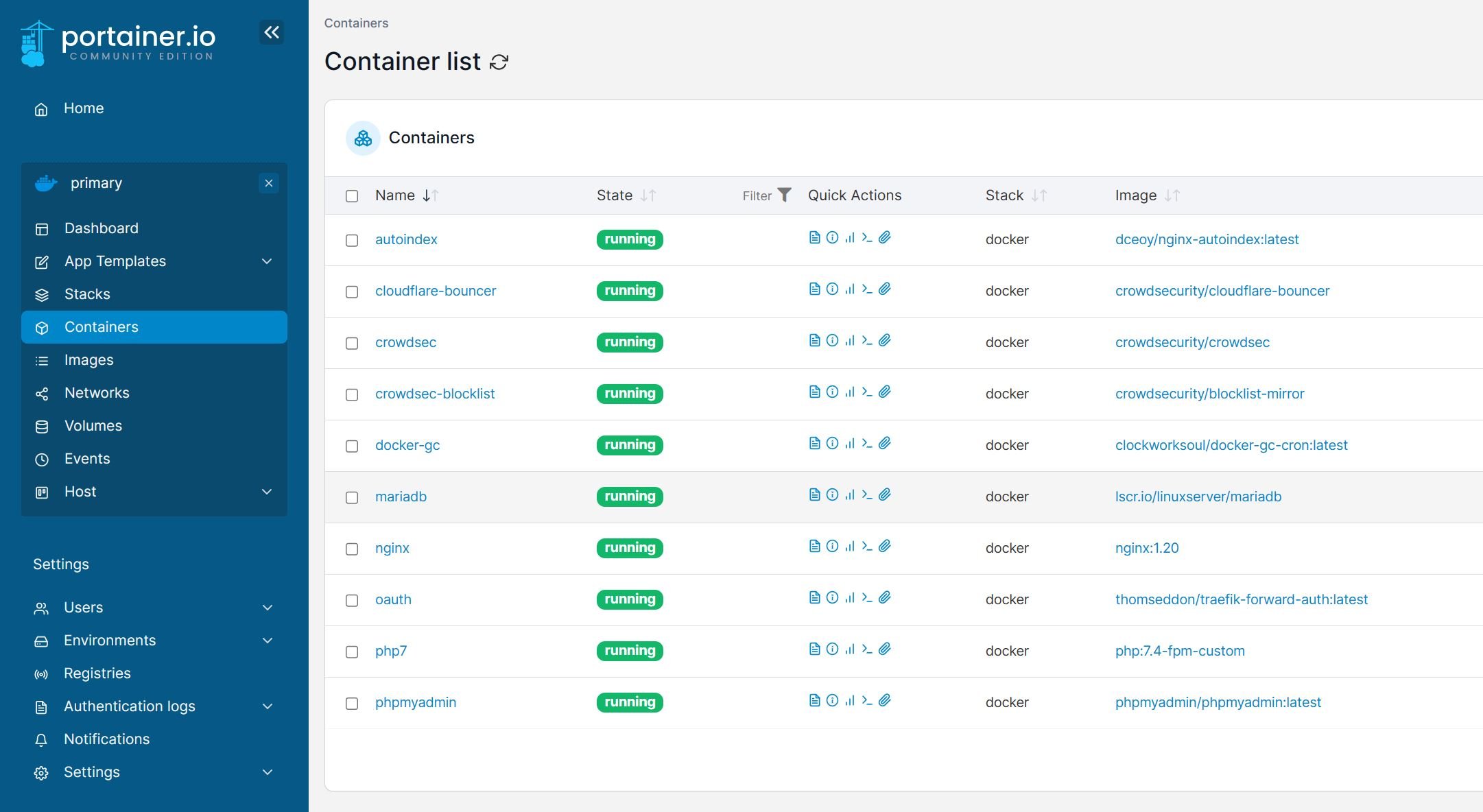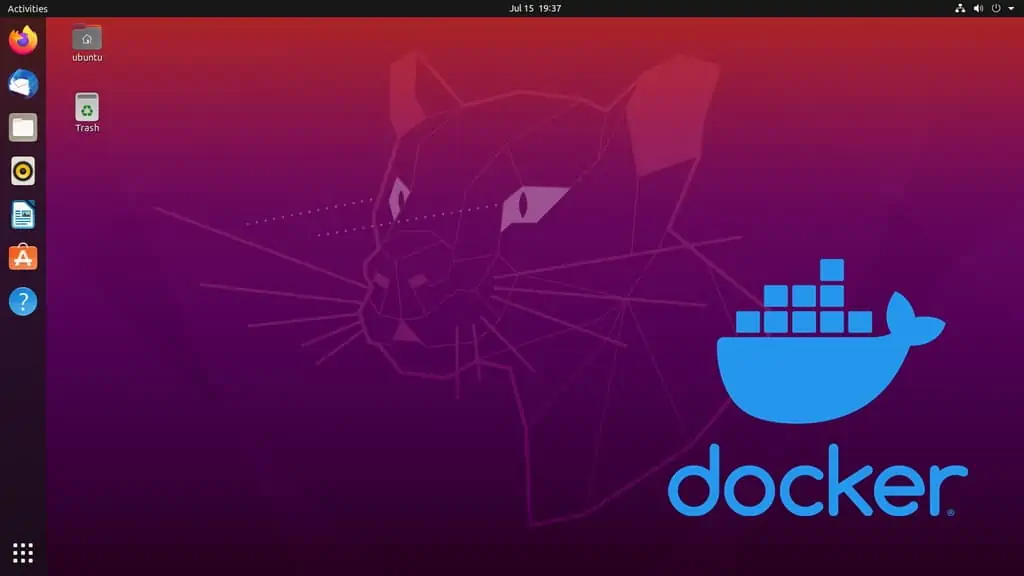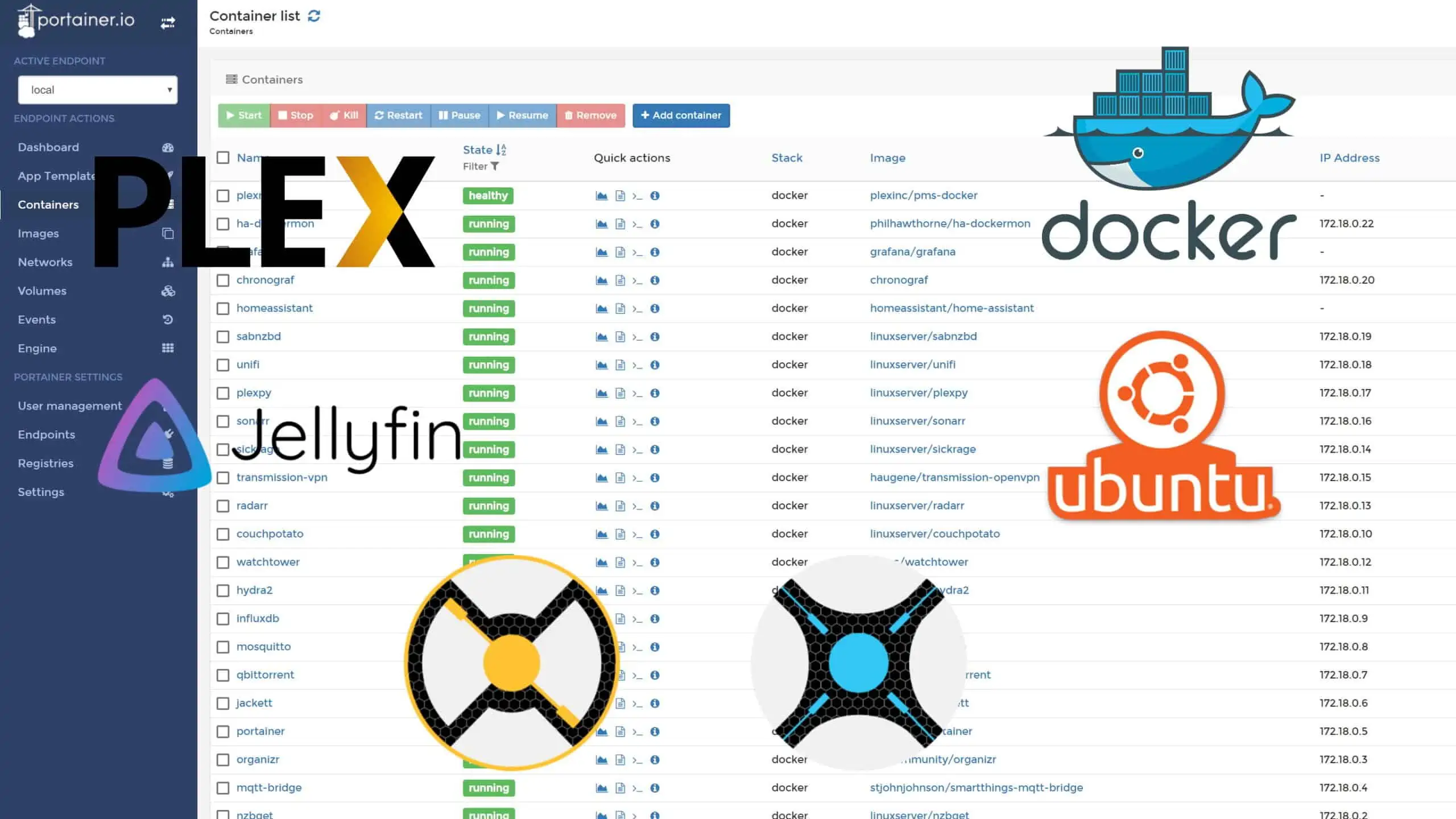You can configure FlexGet to download the media that appears in your CouchPotato wanted list, in an automated way. Does that sound like an impossible thing? If you already followed our tutorial to install FlexGet on Windows or you decided to install FlexGet on Ubuntu instead, you already know how versatile this lite downloader can be. If you wish to integrate FlexGet and Couchpotato, though, you should be familiar with the way in which plugins are configured in FlexGet. Make sure you are familiar with the edition of the config.yml FlexGet configuration file before proceeding. [Read: Guide: How to configure FlexGet to download your media]
Update: Are you a beginner to FlexGet? Read our Beginner Blueprint: Complete FlexGet Setup Guide and find relevant information about installing, configuring, and using this application.
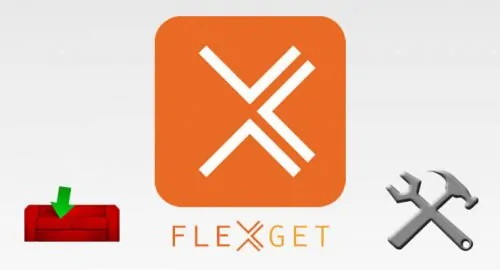
Of course, to be able to configure a CouchPotato FlexGet list, you need to have some sort of way to write files on your home server. A wireless HTPC keyboard might do a good job in this regard. You could also control your server via a remote desktop solution such as Parallels Access remote desktop. Some users are interested on FlexGet vs CouchPotato comparisons, however, making them work together is useful as well. This tutorial will cover the FlexGet setup needed to achieve integration with CouchPotato.
Best Wireless HTPC and Android TV Box Keyboards:
- Logitech K410 Living-Room Wireless Keyboard with Built-In Touchpad - $37.75
- Logitech Illuminated K830 HTPC Wireless Keyboard and Touchpad - $69.99
- iPazzPort KP-810-10AS Wireless Mini Keyboard Remote with Touch - $15.99
- Rii i8+ 2.4GHz Mini Wireless Keyboard with Touchpad - $22
- LYNEC C120Pro Mini Wireless Gyro Remote Keyboard Mouse - $13
Integrate FlexGet and CouchPotato the easy way
To achieve this integration, you need to use the couchpotato_list plugin in your config.yml file for your FlexGet installation. This plugin is a list_interface plugin, which is a special kind of input plugin for FlexGet. If you remember from our configuration tutorial, input plugins are basically the way to tell FlexGet where to download media from, or what media to look for. Of course, once configured, you can use FlexGet Daemon mode to automate your downloads.
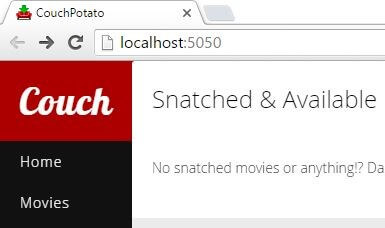
Using the couchpotato_list plugin is really easy. First, take a look at your CouchPotato installation, and check its parameters. In particular, you want to know the port and the URL of your couchpotato installation. To get this data, from CouchPotato for Windows (or any other version) you can simply look at the URL and port that appears in your browser address bar when you open CouchPotato. In my case, the default values appeared. The default URL to integrate FlexGet and CouchPotato is http://localhost, and the default port is 5050. [Read: Install CouchPotato on Ubuntu in few simple steps]
After that, as you can see on the CouchPotato FlexGet Plugin information page, it is easy to integrate FlexGet and Couchpotato. You simply add the proper configuration to the config.yml file. There are several ways to do this, but to keep it simple, we will go with the suggested way:
queue_movies_couchpotato:
couchpotato_list:
base_url: http://localhost
port: 5050
api_key: <your key here>
include_data: yes
accept_all: yes
list_add:
- movie_list: from couchpotato

A brief explanation of the above: there are three sections on the code to integrate FlexGet and Couchpotato. The main task, queue_movies_couchpotato works by calling these three sections, whenever the task name is "read" on the configuration file (think of that name as a shortcut for all the following operations).
couchpotato_list accepts four information items (in this case):
base_url: the URL for the CouchPotato server.port: the port number through which to communicate with the CouchPotato server.api_key: the API key on your CouchPotato installation; can be found underSettings -> General -> Advancedin CouchPotato.include_data: this flag tells FlexGet whether to use CouchPotato quality profile or not. If not specified, takes the value false.
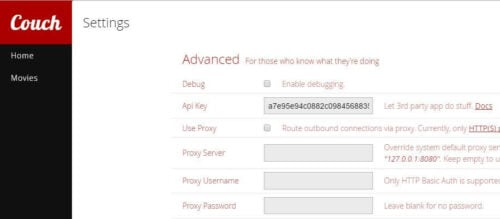
accept_all simply tells FlexGet to use all of the entries in the CouchPotato FlexGet list it will create from CouchPotato wanted list entries.
list_add will add the entries to a custom movie list, as specified by the plugin movie_list just below that line. Here's where you specify the name for the movie list you will generate from CouchPotato entries. In this case, the list is named from couchpotato.
Congratulations! You did successfully integrate FlexGet and CouchPotato! If all of this sounds too technical, feel free to use another media downloader solution. Compare CouchPotato vs SickBeard, SickRage or Sonarr to explore the alternatives they offer. You can also stream media through Kodi with one of these 10 best Kodi movies addons or 10 best Kodi Live TV addons. A FlexGet WebUI is on the works, so while it appears, feel free to experiment with our configuration tutorials. Take advantage of the features FlexGet can offer!

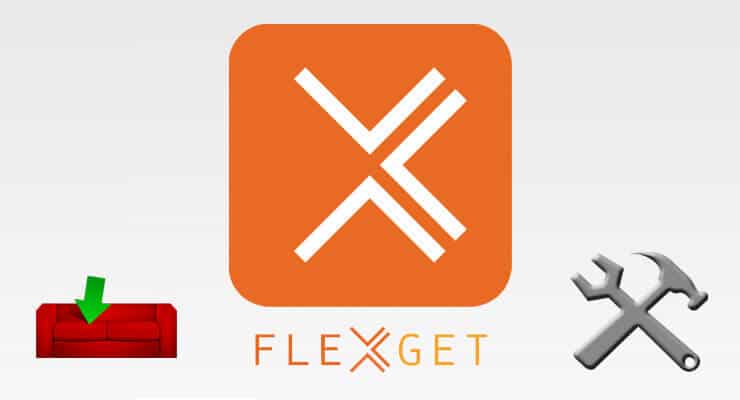

![15 Best Plex Alternatives [2022] - FREE and BETTER Options Best Plex Alternatives feature image](https://www.smarthomebeginner.com/images/2022/08/best-plex-alternatives-feature-image.gif)
